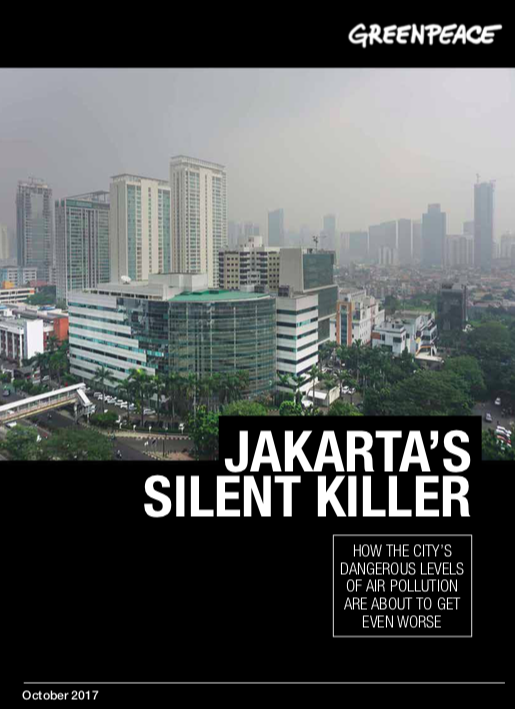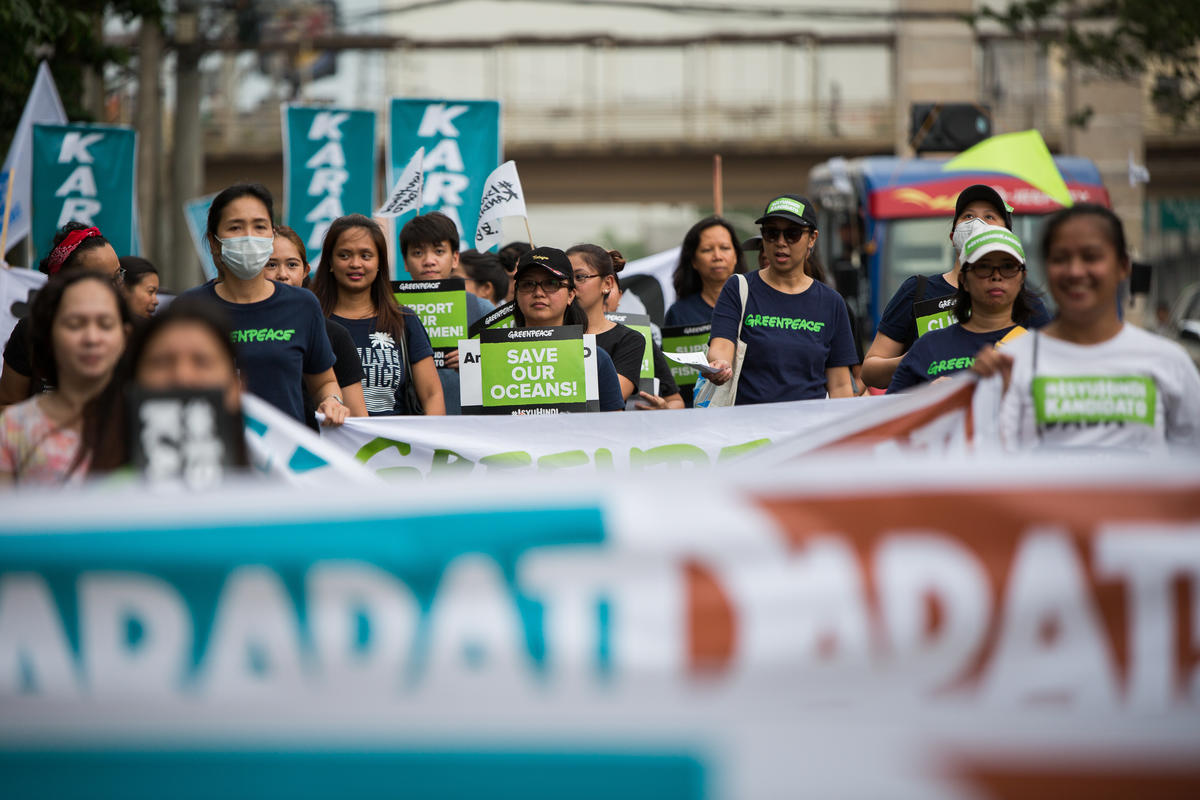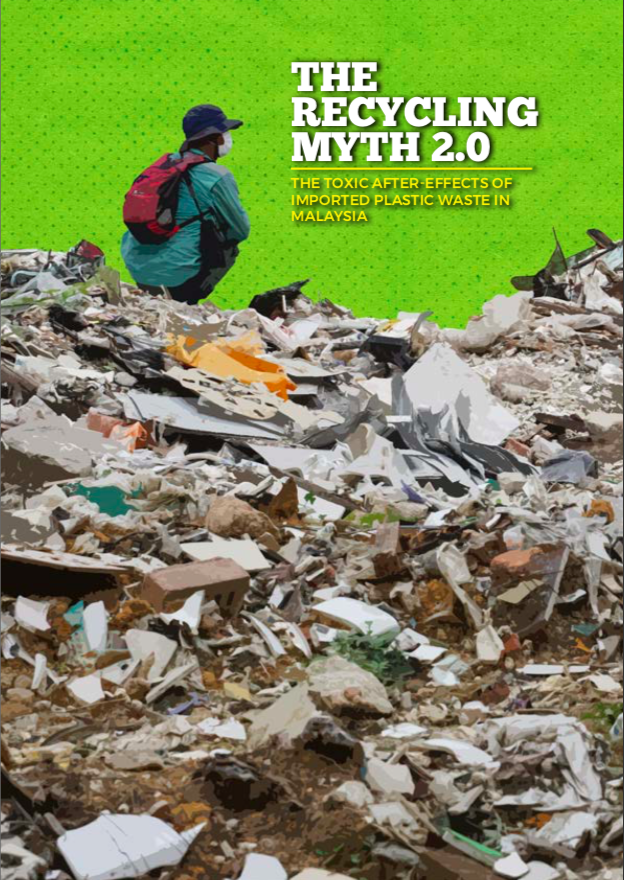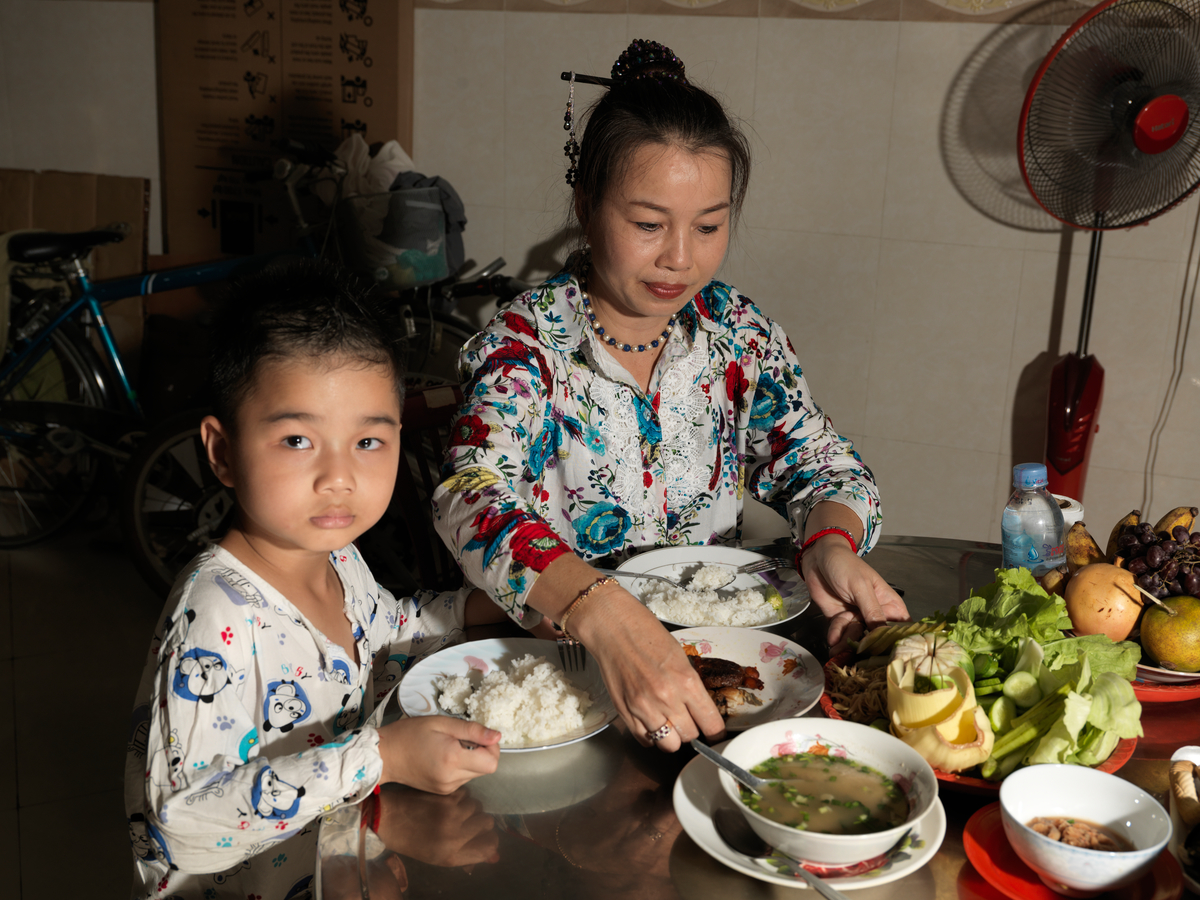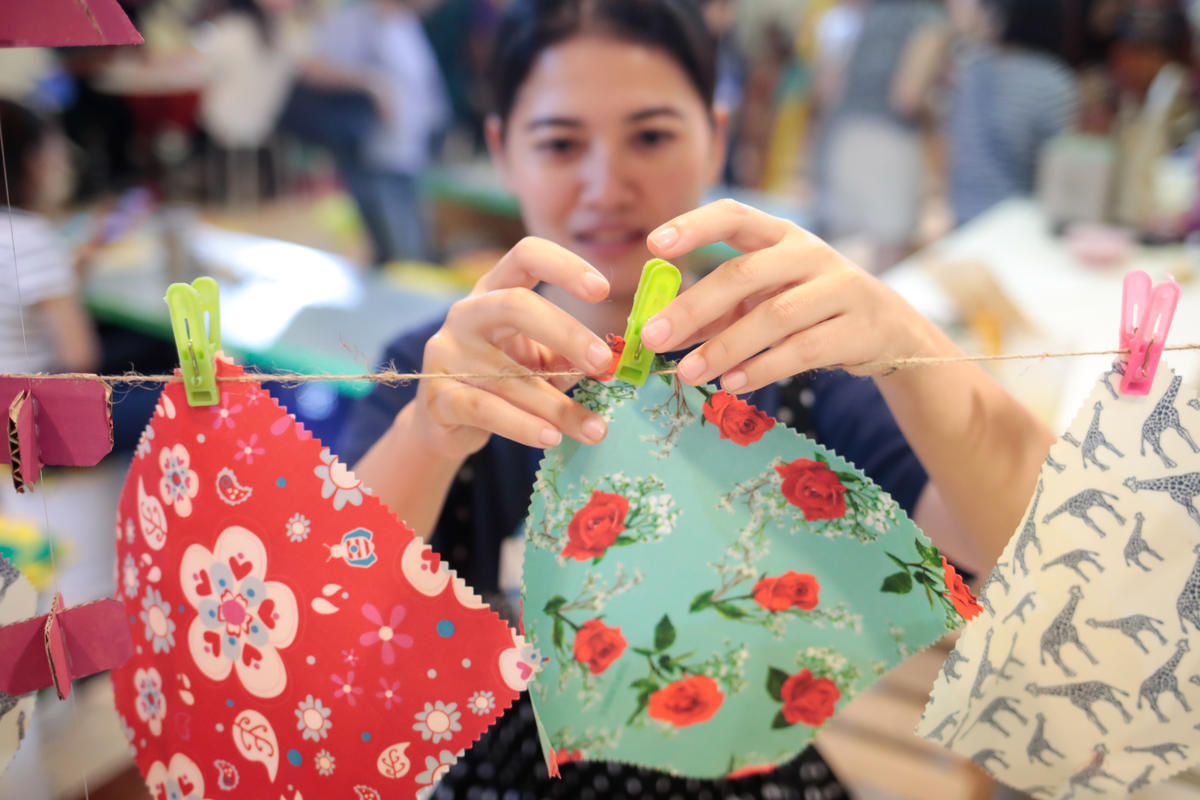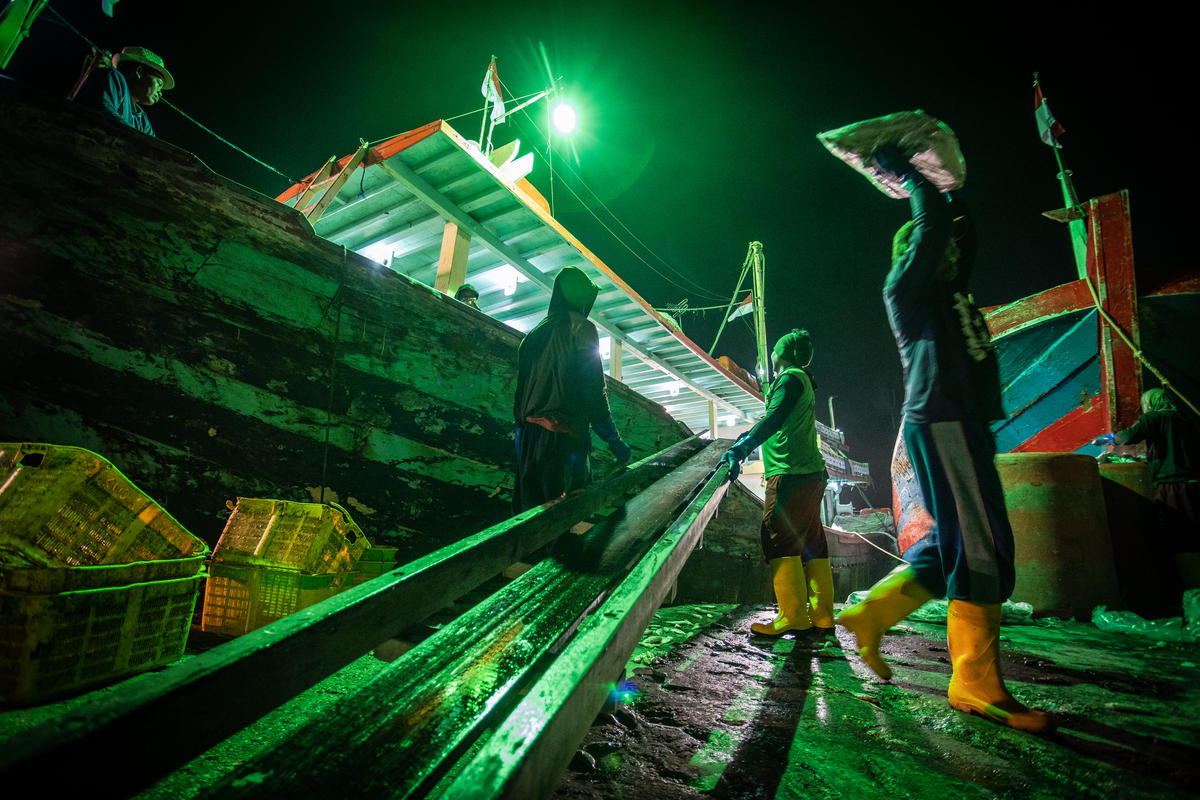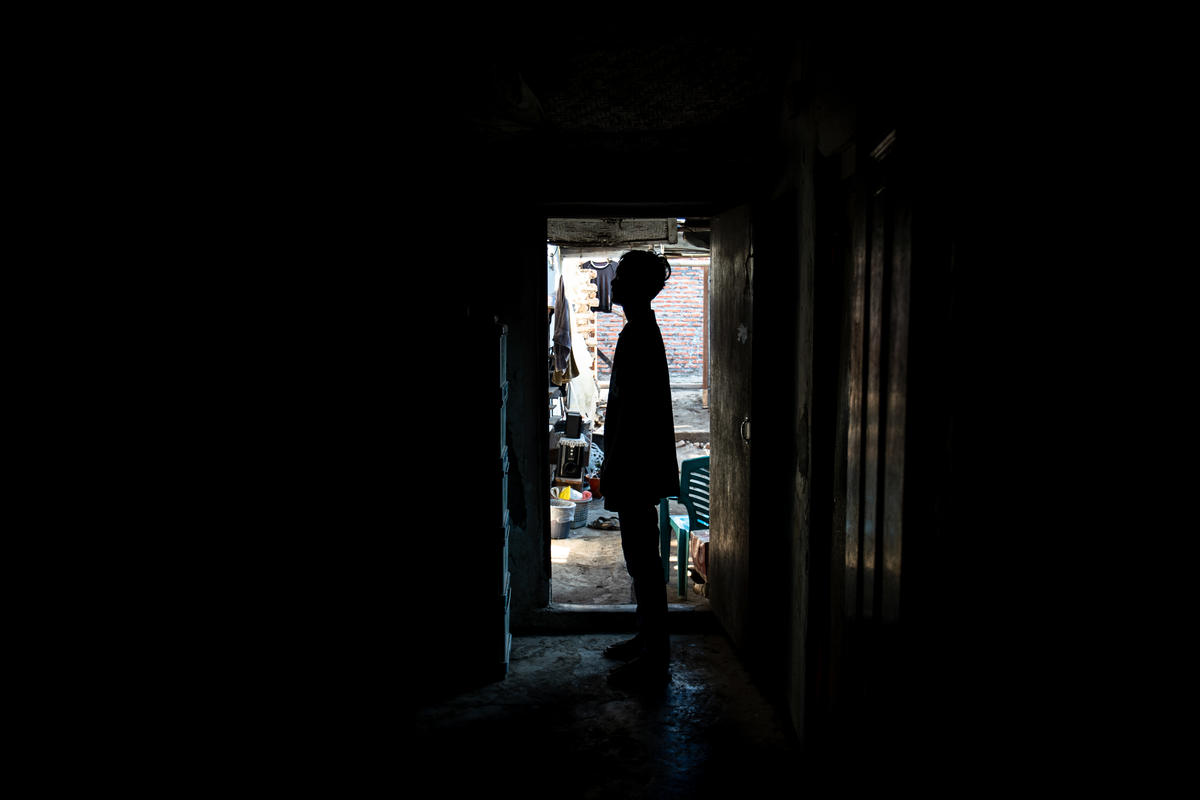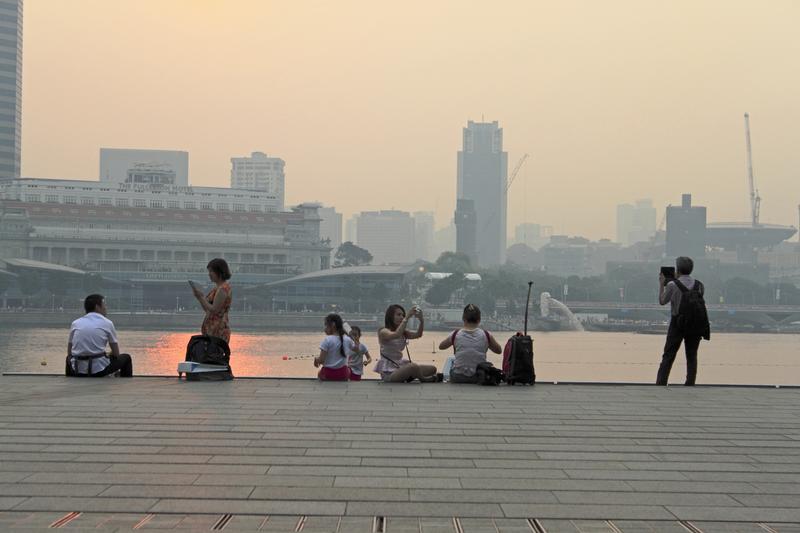-
Jakarta’s Silent Killer
How The City’s Dangerous Levels Of Air Pollution Are About To Get Even Worse
-
Greenpeace Philippines statement on the signing into law of the Anti-Terror Bill
We at Greenpeace believe that activism is essential for a better normal. We will continue to speak out and act in solidarity, ensuring that those whose voices remain unheard will be heard. We will not be silenced.
-
THE RECYCLING MYTH 2.0: The Toxic After-Effects of Imported Plastic Waste in Malaysia
A joint investigation was carried out last year by Greenpeace, revisiting several locations suspected to have onsite imported plastic waste to find out the lasting environmental and health impacts of the imported plastic waste trade.
-
COVID-19 101: How to stay safe, healthy, and eco-friendly
Even in the face of such extraordinary times, we can make a conscious choice to make the most of this situation – especially for those of us privileged enough to safely stay indoors at a place we can call home. Take advantage of this time to do some much-delayed house cleaning, expand your culinary mastery,…
-
Health and the Reuse Revolution: Zero waste living in a time of crisis
In recent weeks, the coronavirus pandemic has sparked a wider conversation about how people who want to continue to avoid disposables, support reuse and refill alternatives, and push for zero waste solutions can proceed, while being mindful of health.
-
5 ways you can be green-minded, but still romantic on Valentine’s Day
Much has been said about the comfort the Valentine’s Day gives—when the love between couples and families becomes extra special, when people tend to express compassion through different things.
-
Five reasons modern slavery at sea is still possible in 2019
In a new report, “Seabound: The Journey to Modern Slavery on the High Seas”, Greenpeace Southeast Asia spoke to many migrant fishers about their experiences in order to present a snapshot of the living and working conditions onboard distant water fishing (DWF) vessels, according to the fishers themselves.
-
New testimonials suggest “modern slavery” for Southeast Asian migrant fishers working out at sea
13 foreign distant water fishing vessels have been accused of abusing migrant fishers from Southeast Asia, in cases so severe it has been characterised by many as “modern slavery”
-
A haze-free ASEAN by 2020 – are we there yet?
This year, the plummeting air quality in Southeast Asia, caused by forest fires in parts of Indonesia and the Mekong Sub-Region, has raised questions on the effectiveness of an ASEAN agreement to prevent haze pollution.
-
ASEAN HAZE 2019: THE BATTLE OF LIABILITY
Indonesia saw massive forest fires and haze during the period July - October 2019. Transboundary haze from these fires, particularly from sources in in Sumatra and Kalimantan reached Singapore and Malaysia during September 2019, noticeably worsening measured air quality.

